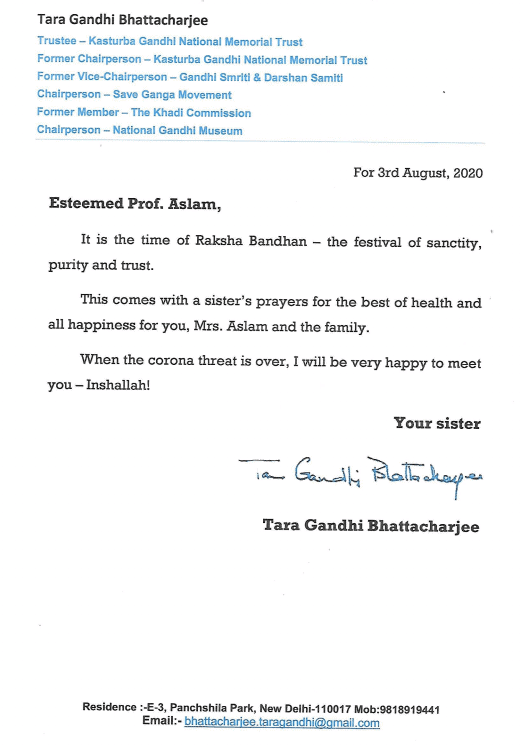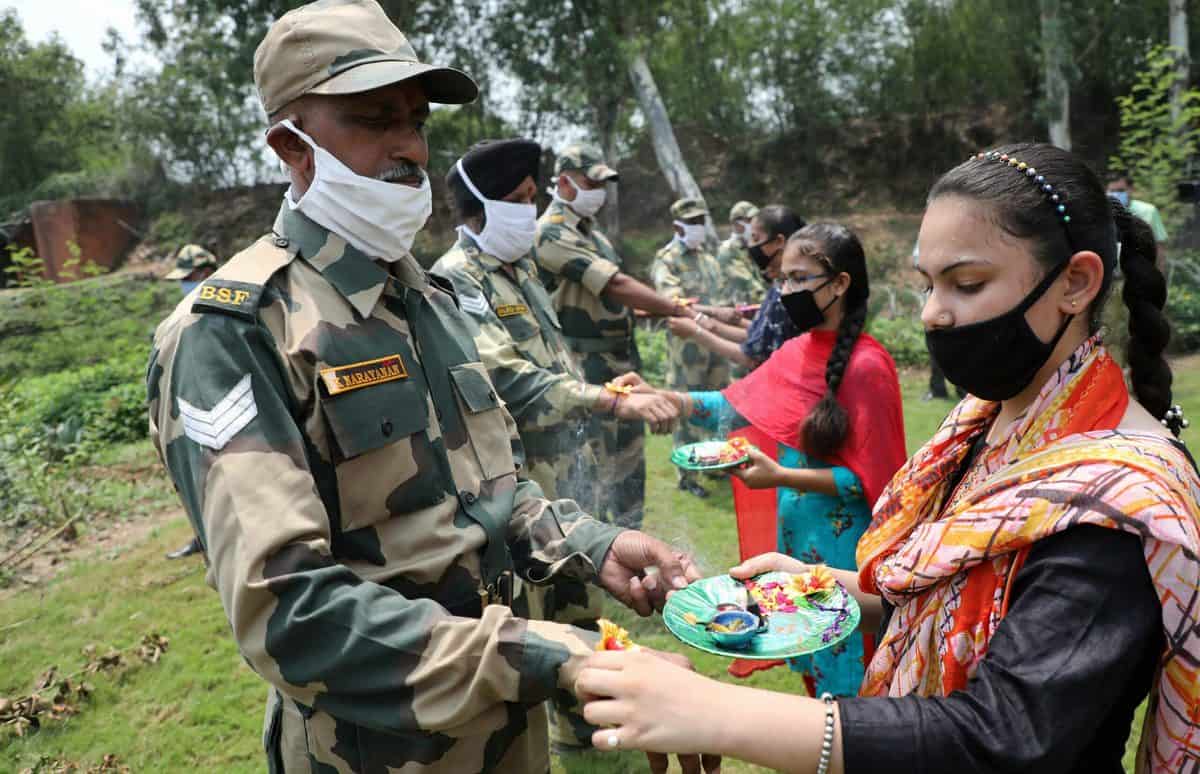Sruthi Vibhavari
The Hindu festival of Raksha Bandhan is being celebrated in India and Nepal on Monday (August 3). Observed on the Purnima (full moon) of the lunar month of Shravan, Raksha Bandhan, a significant festival celebrates the bond of protection between a brother and sister. A frail thread called ‘Rakhi’ is tied by a sister on her brother’s wrist as a symbol of a promise to one another. While the sister promises to pray for his wellbeing, she also seeks a vow from her brother to protect her.
Actors and politicians across the country extended greetings and shared their love towards their own brothers and sisters. Prime Minister Narendra Modi thanked the singer Lata Mangeskar for her Rakhi message to him.
From mythology to history
Raksha Bandhan is a religious practice, as observed in Hindu mythology. According to folklore, it is Draupadi— wife of Pandavas, that tied a piece of her own clothing to Lord Krishna to nurse his injury. The tale signifies the brother-sister bond between the two and since then, Raksha Bandhan is celebrated to respect that bond.
The Raksha Bandhan ceremony is also popular among Rajputs. It is known that once Maharani Karmavati, the queen of Mewar sent a ‘Rakhi’ to the Mughal emperor Humayun to protect her from Governor Bahadur Shah who laid siege on her kingdom. Surprisingly, Humayun chose to help the Rajput queen and chased away Bahadur Shah.
A little over 100 years ago, Rabindranath Tagore in his Shantiniketan, used the religious practice of Raksha Bandhan to celebrate Bengal’s unity. When the partition of Bengal happened in 1905, Raksha Bandhan transcended from being a religious ceremony to that of a socialist movement- a symbol of protest. Hindus and Muslims came together opposing The Raj’s decision of Partition and tied Rakhis on each others’ wrists. The Partition was finally withdrawn by the British Government six years later in 1911.
Despite several historical and political upheavals across centuries, Rakhi proved to be an example of communal harmony in the Indian subcontinent.
A symbol of Hindu-Muslim unity
Since Raksha Bandhan celebrates the bond between a brother and a sister, it has ceased to be just a ‘Hindu’ festival. The case of Tara Gandhi Bhattacharjee and Professor M. Aslam is an example.
Tara Gandhi Bhattacharjee is the grand-daughter of Mahatma Gandhi, from his youngest son Devadas Mohandas Gandhi. In her letter to Prof. Aslam, she mentions, “This comes from a sister’s prayers for best health and all happiness for you. When the Corona threat is over, I will be very happy to meet you — Inshallah!” Prof. M. Aslam is the former vice-chancellor of Indira Gandhi National Open University (IGNOU).

In response to her Rakhi wishes, Prof. Aslam writes, “This festival reaffirms the bond of affection existing between brothers and sisters. I highly respect the spirit behind this festival because I was not lucky enough to have a sister of my own but then God gifted me one and I am proud of her.”

